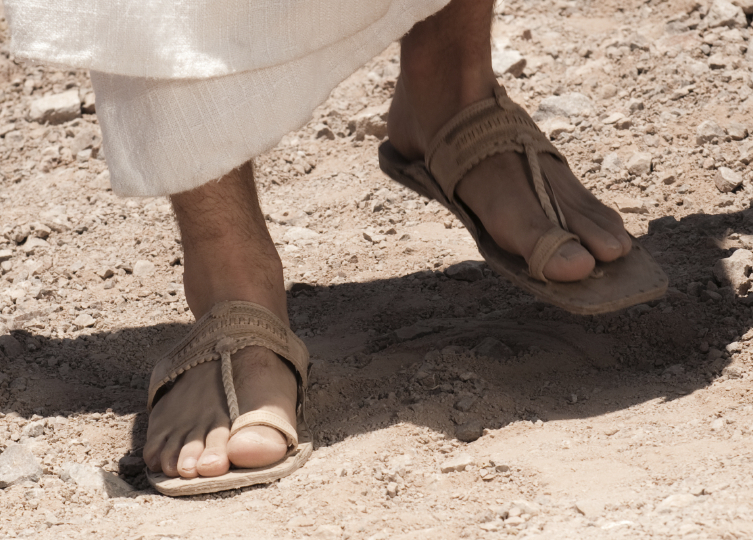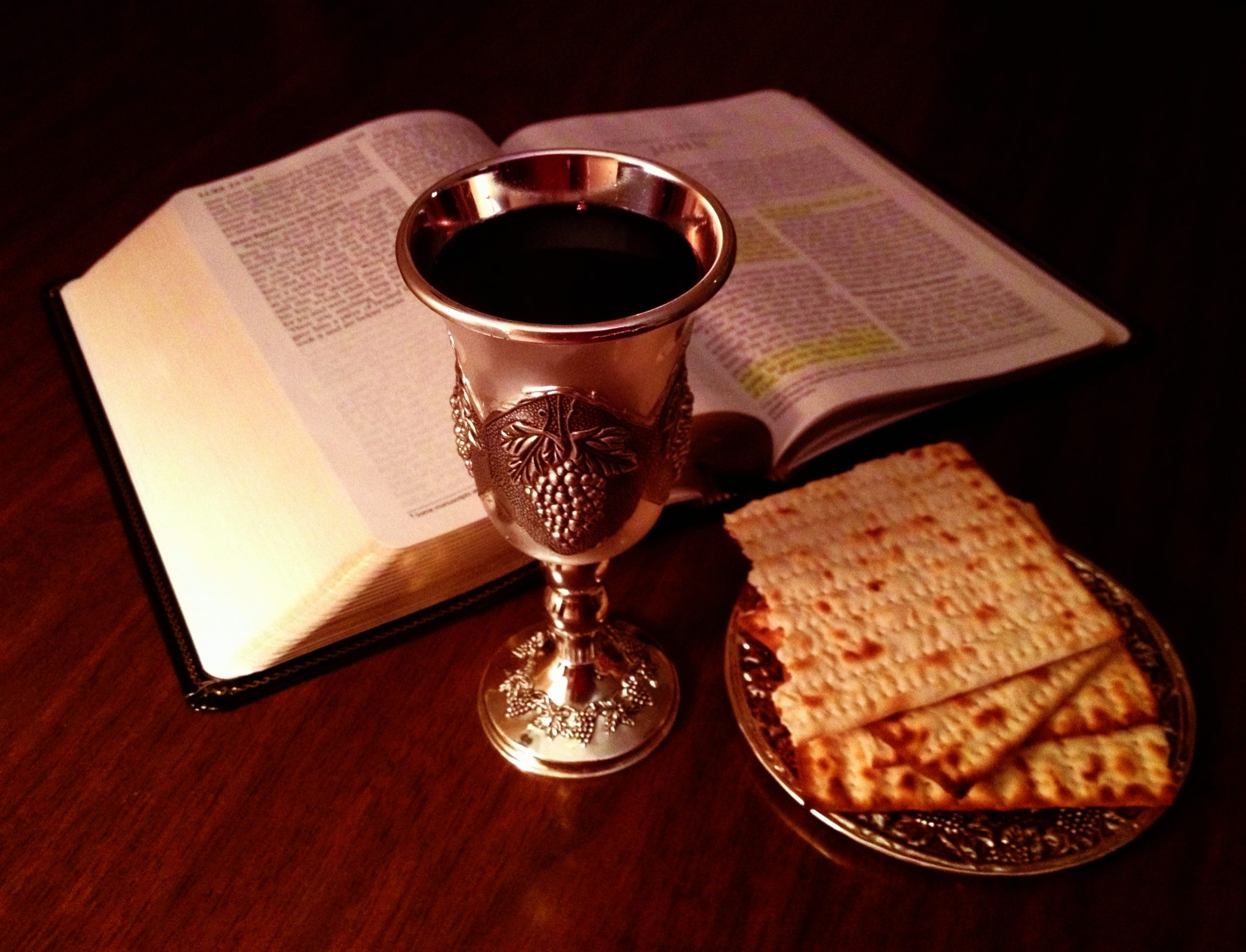In Deuteronomy 25:5-10, when a brother refused to raise up offspring for his deceased brother, the childless widow would take the brother of her deceased husband before the elders at the gate of the city, which is where legal proceedings were held, and remove his sandal and spit in his face. (In Ruth 4:7 we find that the removal of the sandal was the attestation of all legal transactions.) The spit conveyed shame, but the removal of the sandal was a legal pronouncement of shame. The widow was to declare, “Thus it is done to the man who does not build up his brother’s house. In Israel his name shall be called, ‘The house of him whose sandal is removed.’”
Jesus was spat upon as He was going to the cross. He took our shame to the cross. But, that is not the only picture we have of our shame being removed. In Luke 15:11-32, we have the account of the prodigal son. When the prodigal son comes to his senses and returns to his father’s house, the father saw him from a distance and ran out to greet him. What the son had done was shameful. In essence, he had said that he wished his father were dead, and he just wanted his money. He had lived shamefully and squandered the money with loose living. But when the repentant son returned, the father felt compassion for him, and kissed and embraced him. Then, the father ordered his slaves to put the best robe on his son, put a ring on his finger, and to put sandals on his feet. All of these actions are significant.
When we come to Christ, he clothes us with His righteousness. He puts a ring of authority on our hands. And, He puts sandals on our feet so that we are no longer “the house of him whose sandal is removed,” i.e. the house of shame. We have a wonderful Savior who forgives our sins, removes our shame, and restores our authority. If that were not enough, the Father said, “bring the fattened calf, kill it, and let us eat and celebrate.” As believers, we have plenty to celebrate.


